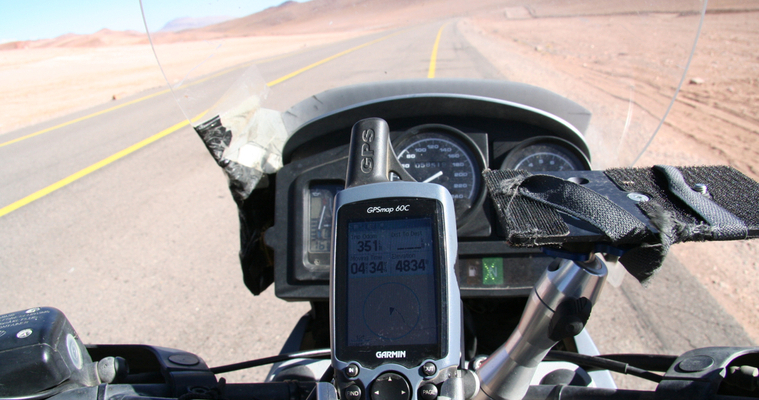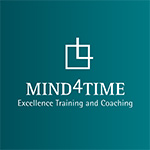Atacama Desert, PERU
2. CONTROL
A good system will give you a good perception of control. The picture of what's happening. It's like the cockpit of your plane, having the lights, screens, maps and alerts that monitor whatever is happening and tell you where you are. It also has the levers and buttons that interact with reality making changes happen. It enables you to turn right, left, up or down, speed up or slow down. I like to think of it as the place of potential action.
Being able to represent all pending activity and valuable opportunities in a systematic perspective, provides for enhanced choices. It's the good detailed roadmap with all points of interest over which you are going to set your itinerary. It's an amazing huge library where you go to pick your next book among so many good options. You know you probably can't read them all, or don't even want to, but having all of them orderly standing in the proper shelves makes an excellent basis for you to decide the next one.
It will have to handle new arriving books as well. Tons of them. It will also have to cope with a part of the library being a mess. Maybe an old part you don't visit for months. It probably has some hybrid rule system, because each time you find out some new and better type of bookshelves, you can't updated at once the old archives, your backlog.
The important thing is that the central purpose for this library is that you can move around elegantly enough so you can choose well each time. You don't have to plan all your reading for the next 50 years. And it's fine if a part of it is not perfectly ordered, specially if you know you aren't reading any books from that part in a near future.
But the notion that they are all there, safely stored, even if not always pristinely ordered, is critical. Playing with the example, let's say you don't want rats wondering around, destroying some books every now and then. Though you may want to purge it periodically so cleaning gets a bit easier.
A good system will then enable you to have this "library" of opportunities properly organized waiting for your picks. It will also enable you to know the crucial points where investing time and energy most triggers change and motion towards what you want to make happen. This refers to the concept of action-oriented that we've seen in Fundamentals.
Typical answers Mr.Control should be able to provide could be: "What projects and challenges are listed in this particular area of my life at the moment? Which did I chose as priorities? Can you show me that pool of ideas I collected about the new office? Please get these new arriving 20 issues stored properly, I'll need them later, but can't deal with them right now - show them to me again monday, please! Hi, I came to the shopping mall to take care of this, is there something else I should also do while I'm here? - what 'books' do you have on the 'shopping mall' shelf? It's a rainy sunday - I'm bored. Is there something fun and useful I could do around the house, like hanging a picture on the wall? Please show me the list of possibilities."
Now ask yourself:
- is my system being able to provide me with this map, handling the 'library' in a satisfactory way?
- does it answer the questions I've just mentioned?
- what else needs to be in place for that to happen even better?




